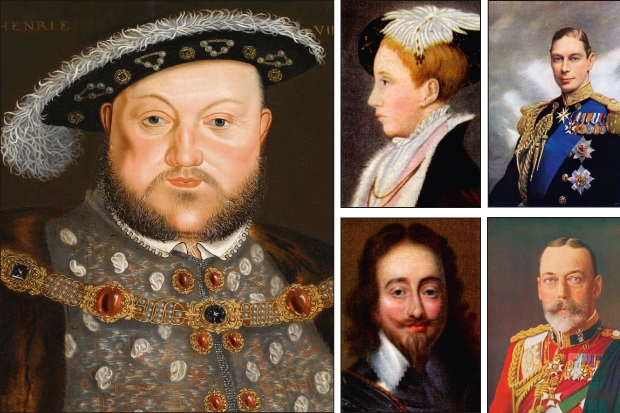It is a strange paradox of our egalitarian age that a progressive publisher like Penguin should commission — at considerable expense, since the series editor Simon Winder has netted some top academic authors — brief lives of all 44 English, and later British, monarchs, from Athelstan to his distant descendent, our own Queen Elizabeth. The 45th book in the series is devoted to our sole non-royal ruler, Oliver Cromwell.
The biographies — each costing £10.99 — though not exactly ‘potted’, are necessarily squeezed by space — none is longer than 150 pages — into extended essays that can be comfortably devoured in a couple of hours; ideal for a railway journey or a short-haul flight in our cash-rich, time-poor era. In the hands of the right practitioner, however, this brevity can be a blessing: witness the mastery of the form by John Aubrey or Lytton Strachey. And with less skilled writers, at least we know that the pain will not last long.
One problem with such a series, apart from Penguin’s surely reluctant royalism, is that as the power and prestige of the crown declined, the monarchs tended to become merely decorative objects. Worthy symbols rather than living, breathing people: the kings, as it were, morphed into cabbages.
This does not matter too much in the case of arguably our most boring, but also our most popular, sovereign. George V by David Cannadine (121 pages) shines because Cannadine is such a sparkling writer that he makes even decent old George glitter with his biographer’s reflected glory. A dull dog George may have been, but with Sir David’s scattering of stardust, even the king’s most consuming interest, his stamp collection, commands our attention. Well, almost.
Like his second son and successor, George V was not born to be king.








Comments
Join the debate for just £1 a month
Be part of the conversation with other Spectator readers by getting your first three months for £3.
UNLOCK ACCESS Just £1 a monthAlready a subscriber? Log in